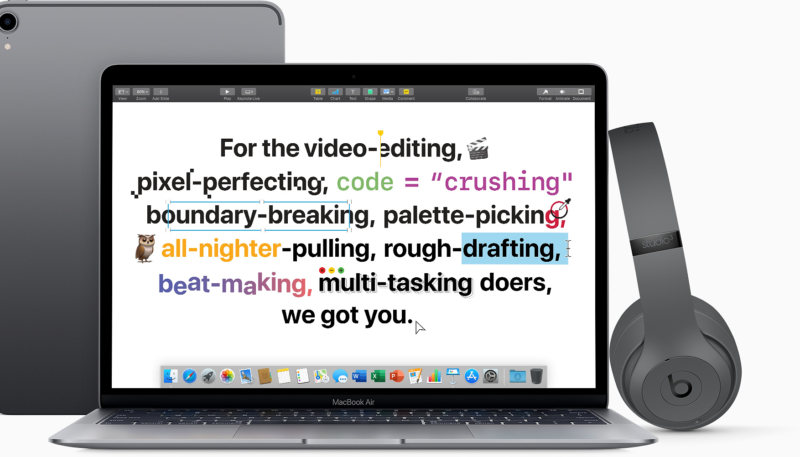A new investor note by Apple industry analyst Ming-Chi Kuo says Apple’s prices and shipment forecasts aren’t likely to be affected by U.S. tariffs, thanks to “proper preparations” made by the Cupertino firm.
U.S. President Donald Trump last week announced the addition of 10% tariffs on $300 billion of Chinese imports, beginning September 1, as retaliation for moves made by the Chinese government.
Earlier last month, Apple asked for an import tariff exemption on parts for their new Mac Pro, which President Trump said would be denied.
At this point, it isn’t clear if Apple’s products will be affected by the move, which will bring tariffs to toys, games, and consumer electronics. If Apple products are affected, Kuo says Apple will likely absorb most of the additional costs, at least in the short to mid-term, while moving production to locations outside of China to avoid rising costs in the long run.
While Apple’s absorbing of additional costs will bring a negative impact on its profits, the company will reap benefits on its brand image and relationships with suppliers. Kuo says that the negative impact on Apple will be limited and temporary, as the profit from the company’s service business is growing, and non-Chinese production locations will gradually increase.
The iPhone maker has been expanding production in India and Vietnam as part of an effort to move some of its production out of China. Kuo believes non-Chinese production could meet most of Apple’s U.S.-based product demands in as soon as two years. iPhone, iPad, and Apple Watch demands could be met as soon as next year, while Mac production will take until 2021 to achieve adequate outside-of-China production.
While Kuo is regarded as a generally reliable source for Apple predictions, they fly in the face of comments made by Apple CEO Tim Cook during the company’s July earnings call. When asked about Apple potentially moving production to outside of China, Cook replied: “There’s been a lot of speculation about this, [but] I wouldn’t put much stock in it. Parts come from everywhere, including the U.S. We currently make the Mac Pro in the US and would like to continue that.”
(Via MacRumors)


